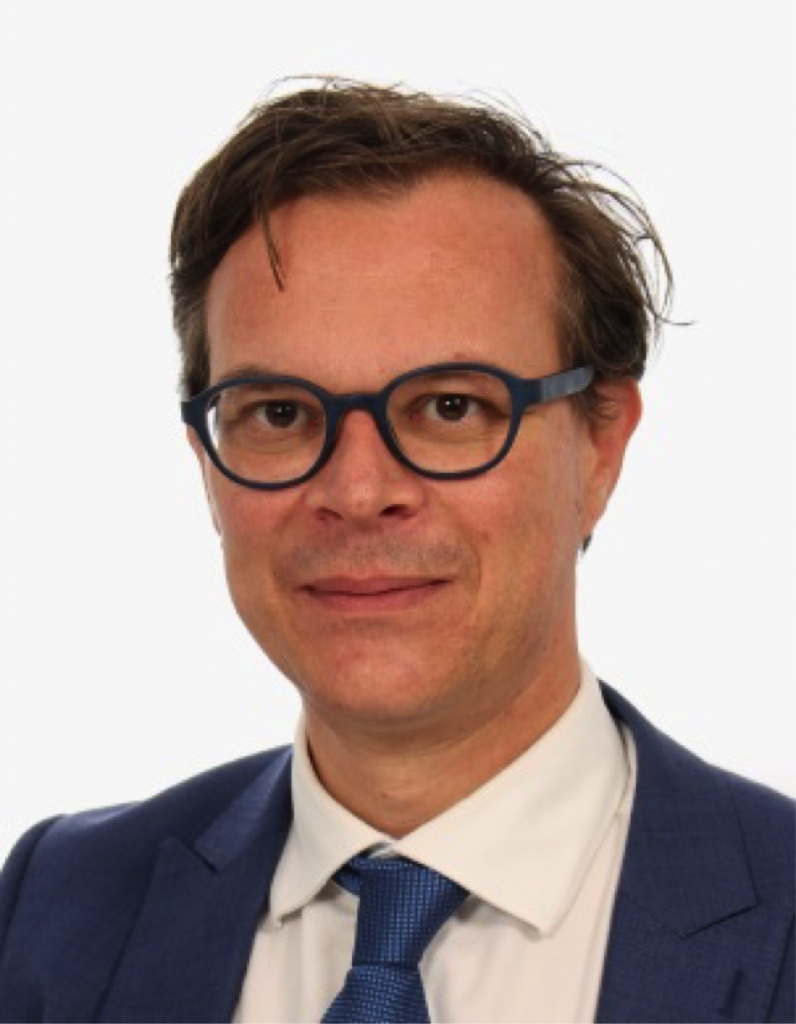What are the highlights of this year’s Heart Failure convention?

First of all, we had some exciting new trials being presented in the field of acute heart failure which well, in a way, were a bit sobering, though. Thus, the RELAX-HF trial with 6,600 patients in acute heart failure assessing the hormone serelaxin was presented. Physiologically, this hormone prepares the expecting mother for the hemodynamic challenges of pregnancy, thus providing the rationale for testing this hormone in patients with acute heart failure. Unfortunately, it showed us that short term infusion for 48 hours doesn't improve outcomes six months later. It is a daunting proposition to think that the short-term infusion would change outcomes after six months. There were some encouraging data with this drug presented, though, particularly on troponin release and the impact on worsening of heart failure in the hospital.
We also heard the results of the TRUE-AHF trial that I was involved in. In this trial patients were treated with ularitide, the chemically synthesized form of the human natriuretic peptide urodilatin. Similar to RELAX-AHF, TRUE-AHF was neutral on the primary outcome. Interestingly, Milton Packer presented results from a post hoc analysis that only included eligible patients. In this post-hoc analysis, ularitide provided at least some symptom relief. This comes with all the cautionary remarks of a post-hoc analysis, though.
Taken together, it`s now about time to rethink how we will be designing trials in acute heart failure in the future. In contrast to acute coronary syndromes, there is not one key plaque rupture or thrombus formation equivalent in acute heart failure. There is an obvious need to better understand the enemy. At the time, the patient is admitted to the hospital, the ship may have already sailed. As such, in the future we may want to intervene and infuse vasodilators, if at all, earlier and longer or both.
We have had a lot of other, great trials and great science presented here at Heart Failure 2017. The annual HFA congress is the premier heart failure event in the world, by far. This year, we had more than 5,000 healthcare professionals from over 100 countries. It's not only the size that matters, the energy, the positive vibe at this congress was literally palpable – the rooms were packed throughout the congress.
If you are looking for networking, for science, for education, or if you want to get an update on the latest developments in heart failure, this is the place to go. Heart failure is the one speciality within cardiology that is moving truly towards centre stage.
Regarding acute heart failure, do you think there are any new biomarkers which could allow us to identify patients earlier?
Biomarkers remain surrogates, surrogates of outcome. There was to some extent a disconnection between biomarkers and clinically relevant outcomes in TRUE-AHF and RELAX-AHF. Indeed, serelaxin reduced troponin and didn’t impact the outcome. On the other hand, ularatide did not reduce troponin levels, but was associated with lower N-terminal pro-brain natriuretic peptide levels.
Are there any new features integrated in this years’ congress?
We have lots of new features in this year´s meeting. For example, how do I translate guidelines into practice? The major hurdle in guideline implementation is that the doctors, in the end, they don’t practice it. We need to be even more hands on, more practical, more translational. Simple top-down listening you can do online.
But here you learn and people tell a little bit off-the-record what they do. For example, this year we introduced the so called grand debates on important topics or controversies in heart failure. First, an expert presents the clinical case and provides the rationale and thereby setting the stage for a debate between two discussants. We try to modify the concept of debate sessions to where we put more emphasis on someone giving guidance first, being a referee and a moderator, and then really breaking it down to chewable bits, that people in the end go out there and say that’s how we should do it.
Posted on
Previous Article
« Letter from the Editor Next Article
Letter from the Editor »
« Letter from the Editor Next Article
Letter from the Editor »
Table of Contents: HFA 2017
Featured articles
Interview with Prof. Frank Ruschitzka
Related Articles

May 2, 2017
Letter from the Editor
© 2024 Medicom Medical Publishers. All rights reserved. Terms and Conditions | Privacy Policy
HEAD OFFICE
Laarderhoogtweg 25
1101 EB Amsterdam
The Netherlands
T: +31 85 4012 560
E: publishers@medicom-publishers.com

